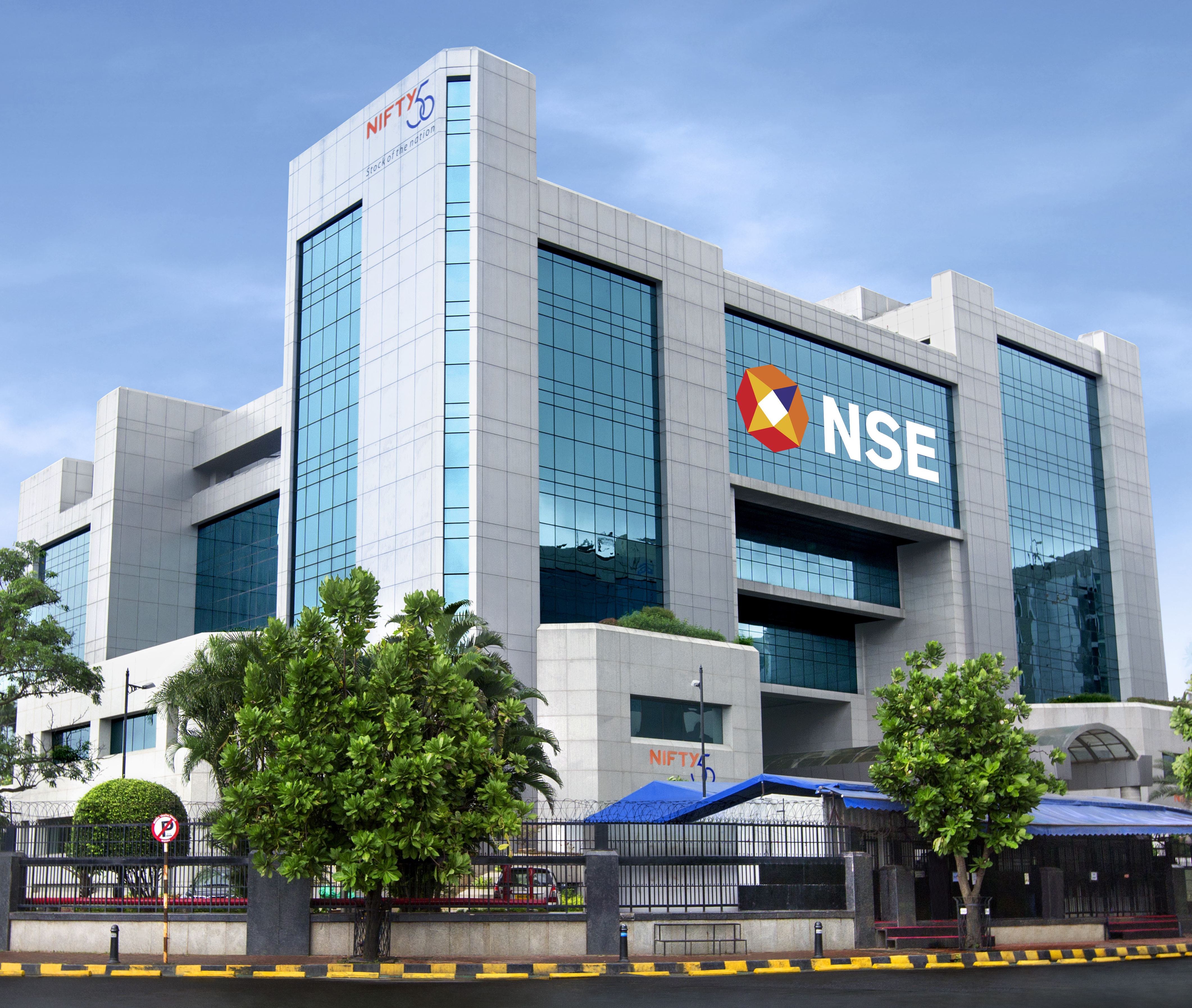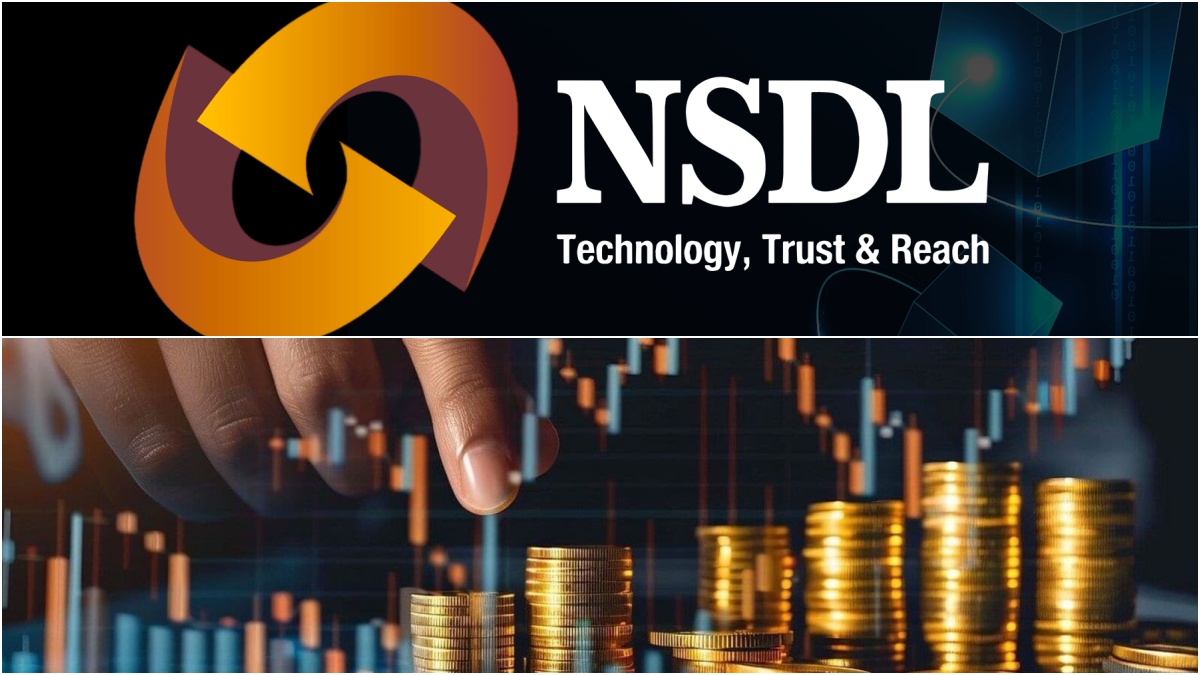The recent listing of HDB Financial Services has triggered a wave of concern among investors who are active in the unlisted share market. The company’s IPO debut at Rs 835 per share was significantly below the unlisted market expectations of Rs 1,250. This deep discount came as a jolt to grey market participants and retail investors, many of whom had anticipated a much stronger performance from the HDFC Bank subsidiary. The impact has been immediate and widespread, with several other high profile upcoming IPOs also witnessing steep corrections in their unlisted share prices.

Companies like the National Stock Exchange, National Securities Depository Limited, and Tata Capital have been among the most closely watched entities in the pre IPO space. Their unlisted shares had enjoyed strong demand in recent months, largely based on their perceived stability, strong fundamentals, and the hype surrounding their eventual public listings. However, the pricing misalignment in HDB Financial Services’ IPO has changed that sentiment almost overnight.
Tata Capital’s unlisted share price has fallen sharply over the past three weeks. From trading at Rs 1,075 just days before the HDB IPO announcement, the stock has now dropped to Rs 875 as of July 11. The fall of Rs 200 reflects not just a correction in investor expectations but also a broader re evaluation of valuation premiums that had built up in the unlisted space. Many investors are now reassessing whether the prices they were paying for these unlisted stocks were justified, particularly when IPO valuations might come in lower.

NSDL shares, which were trading at Rs 1,250 per share before the HDB IPO, are now priced at approximately Rs 1,025. The twenty percent decline highlights how sensitive the grey market is to pricing cues from official IPO disclosures. NSDL has long been considered a solid player with a dominant position in India’s depository ecosystem, but even its unlisted shares have not been immune to the ripple effect created by HDB Financial’s underwhelming debut.
The story is similar for the National Stock Exchange. NSE’s unlisted shares had seen a steady climb and were commanding a premium of Rs 2,375 per share in June. But by mid July, they had slipped to Rs 2,195. The correction of over Rs 180 has raised eyebrows, especially given that NSE is seen as one of the most high profile IPOs in the Indian market pipeline. However, with investor sentiment now dampened, the timeline and valuation expectations for the NSE IPO could also be up for recalibration.

The broader concern among investors is whether the trend will persist. A single disappointing IPO has exposed how fragile confidence can be in the grey market, where liquidity is limited and information asymmetry is common. Many investors had treated unlisted shares as a shortcut to early gains, hoping that these companies would list at strong premiums. But as the HDB case shows, that is not always a guarantee.
Financial advisors are urging caution. With several major IPOs lined up in the coming months, including those from the fintech, financial services, and infrastructure sectors, investors are being advised to look beyond hype and assess fundamentals closely. The grey market, after all, is a speculative playground, and while it offers early access, it also carries significant risks.
The HDB Financial Services IPO has become a wake up call for many retail investors. It has reminded the market that IPO pricing can vary widely from expectations, and that unlisted valuations are not always a reliable benchmark. As more companies prepare to hit the public market, both regulators and investors will be watching closely to ensure that transparency, pricing discipline, and investor trust are upheld.
For more such timely updates, market insights, and IPO watch analysis, follow You Finance on Instagram and Facebook.















